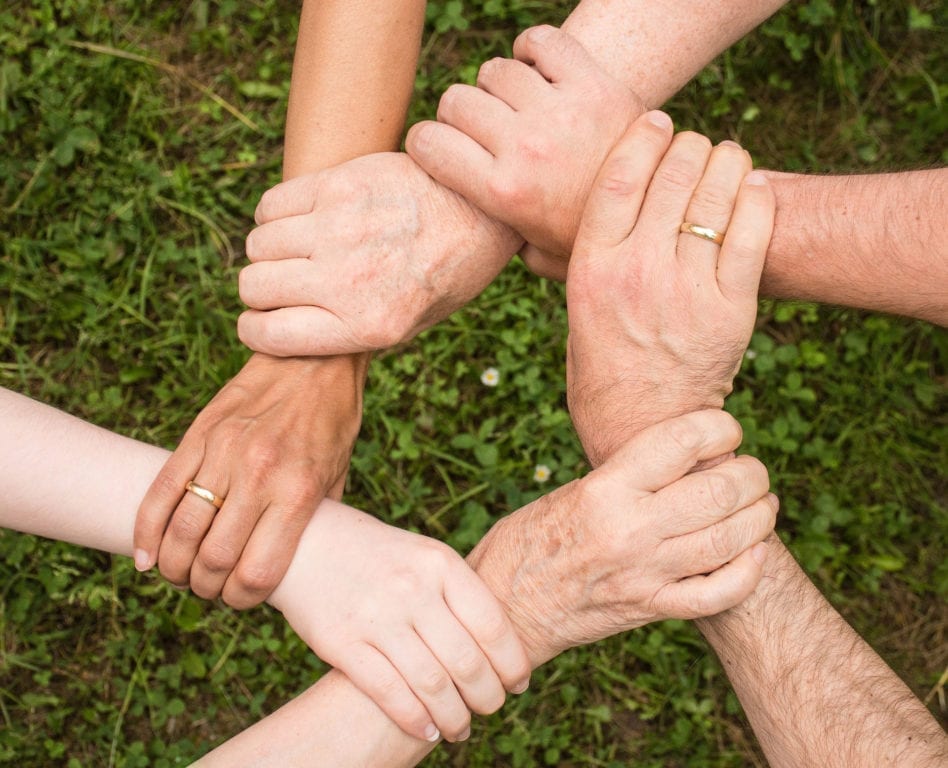Disease and community are both powerful things. When AAG, a rare disease affected Erika’s life, her community fought back with her. Find out how below, and follow the full story here.
Autoimmune Autonomic Ganglionaphy (AAG) affects about 100 Americans a year. That means odds of contracting it are under 1 in 3,000,000. AAG is not the type of illness people worry about coming down with. Erika, despite beginning medical studies, had probably never heard of it. She went to the hospital for chest pains after a ski trip. She would spend the next five of seven years in hospitals.
AAG primarily affects the nervous system. It makes actions that are automatic for most of us impossible for those affected. Things like breathing, bladder control, blood pressure, temperature and heart regulation. In Erika’s case, onset of AAG was trigger by a virus she had contracted. She went from an active, youthful life, pursuing her studies, to being unable to raise her head without passing out.
When Erika was finally able to move home, complications continued. Walking can be accomplished for a short time with assistance. Any other sort of travel requires a wheel chair. Erika loses consciousness multiple times a day. She’s unable to work. Her dream of studying medicine and becoming a doctor is over. Erika hasn’t, however, let AAG rule her life. Neither have her friends, family, and community.
For her part, Erika is pursuing a different way to impact the medical community. She’s begun studying for a Masters in Public Health. The issue of transportation still pressed in. Erika’s van had begun to fall apart around her. Though initially reluctant to ask for help, Erika eventually found support through Go Fund Me. In 26 days her community had raised $16,000 to help solve Erika’s mobility issue. By the end of the fundraiser, about $21,000 had been raised.
“I can’t believe how kind and lovely everyone has been,” Erika said.
Despite the difficulties of AAG, and the long road ahead, Erika has persevered and found new dreams. Those in her family and community have been instrumental in supporting and encouraging her. Every person that gave even a dollar helped Erika take back a piece of her independence.
Though Erika’s personal fundraiser is over, there are plenty of other ways you can contribute to those in need. Search for other active campaigns, donate to a charitable organization, consider volunteering at local hospitals. Community is one of our strongest tools against the fear and oppression of disease. If you’d like to continue following Erika’s story, you can also follow her blog here.



